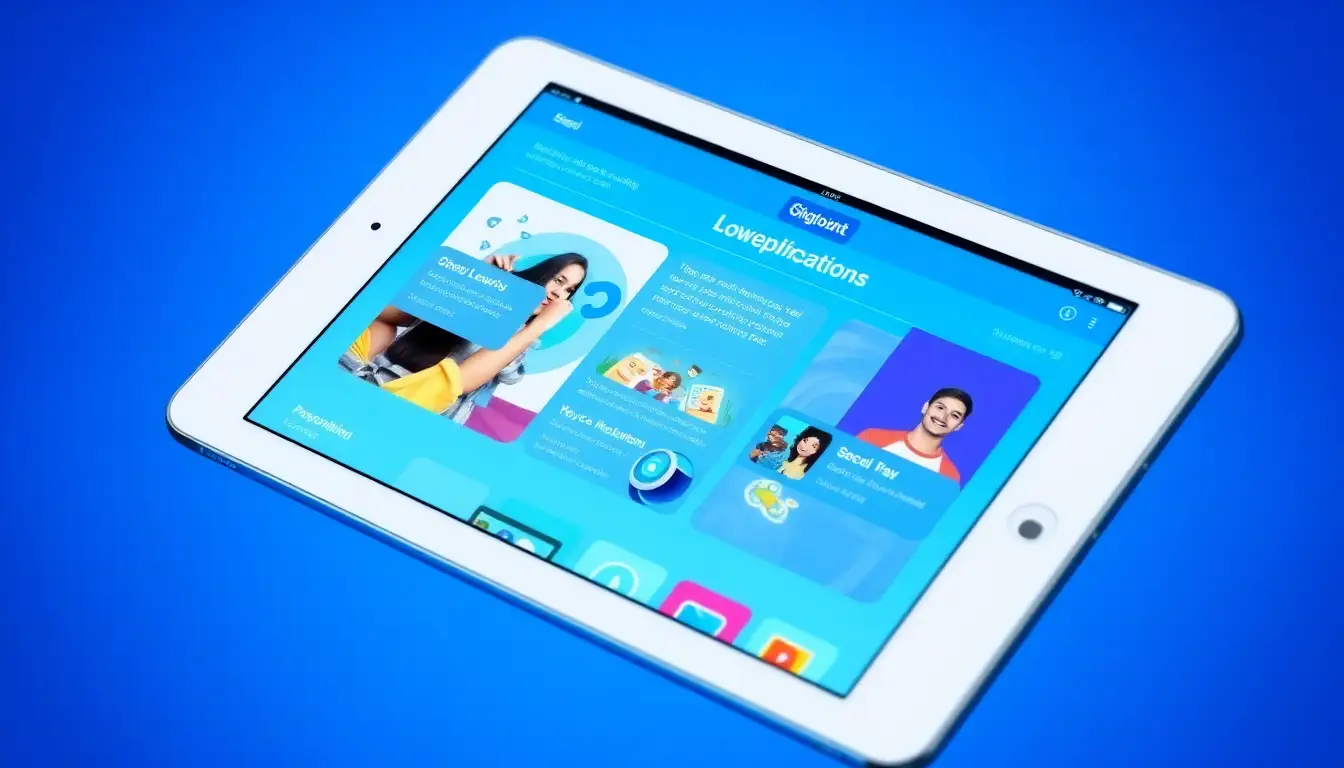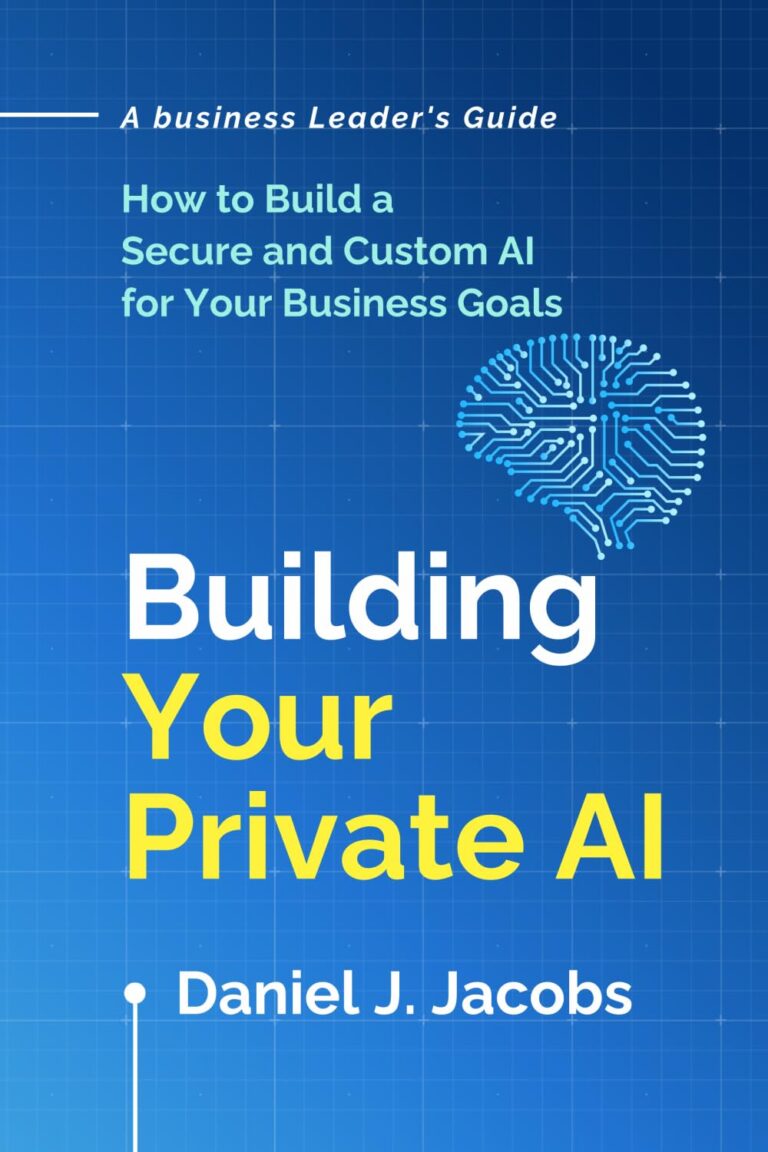
Now loading...
Apple has introduced its Foundation Models framework with the recent launch of iOS 26, iPadOS 26, and macOS 26, enabling developers worldwide to integrate advanced artificial intelligence features into their applications. This framework leverages an on-device large language model from Apple Intelligence to enhance app functionality while maintaining user privacy, as all processing occurs offline and at no additional cost.
The new capabilities have sparked innovative applications across various sectors, illustrating the potential of this technology. For instance, educational tools are using these intelligent features to create personalized learning experiences, while fitness apps are using AI to provide tailored workout guidance. Developers are seizing the opportunity to create features that redefine user engagement.
Susan Prescott, Apple’s vice president of Worldwide Developer Relations, expressed enthusiasm about the immediate impact of the Foundation Models framework. “It’s inspiring to see developers creating dynamic and privacy-protected experiences that open up a wealth of possibilities,” Prescott commented. Enthusiastic examples include journaling prompts from the app Stoic, designed to enhance user reflection, and scientific term explanations generated by the biology app CellWalk, which dynamically adapts to individual learner profiles.
Several health and fitness applications have already begun to incorporate the framework into their offerings. SmartGym, for instance, helps users curate workout plans based on their descriptions, providing structured routines complete with set details and rest intervals. The app’s Smart Trainer feature learns from users’ workout patterns and offers suggestions, complete with easy-to-understand explanations.
Stoic enhances emotional understanding by delivering customized journaling prompts derived from recent entries, encouraging users to reflect on their moods. This personalization, conducted entirely on the device, ensures that sensitive user information remains private.
In the education sector, apps like CellWalk are transforming learning by offering conversational explanations of complex terms, tailored to the user’s knowledge level. Similarly, program Grammo provides instant, conversational feedback on grammar exercises, promoting deeper understanding of the material.
Beyond health and education, productivity apps are embracing the Foundation Models framework for improved efficiency. Stuff, a task management app, allows users to easily input tasks through written or spoken commands, organizing them intuitively based on users’ preferences. Meanwhile, video editing app VLLO streamlines content creation by suggesting soundtracks and visual elements tailored to specific scenes.
The seamless integration of the Foundation Models framework with Swift simplifies the development process, allowing developers to implement sophisticated AI features quickly and efficiently. Offered in a variety of languages, the system aims to cater to a global audience while ensuring robust performance across Apple devices.
As the foundation for future innovation, this introduction offers developers an opportunity to push the boundaries of what is possible within their applications, all while prioritizing the privacy and personalization that users expect.
